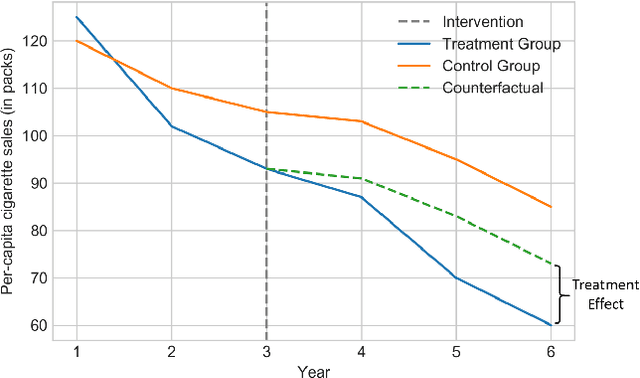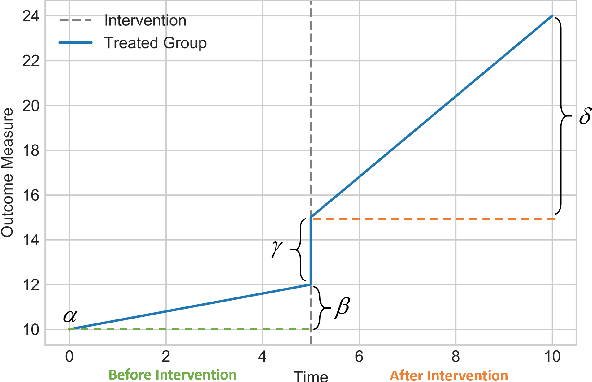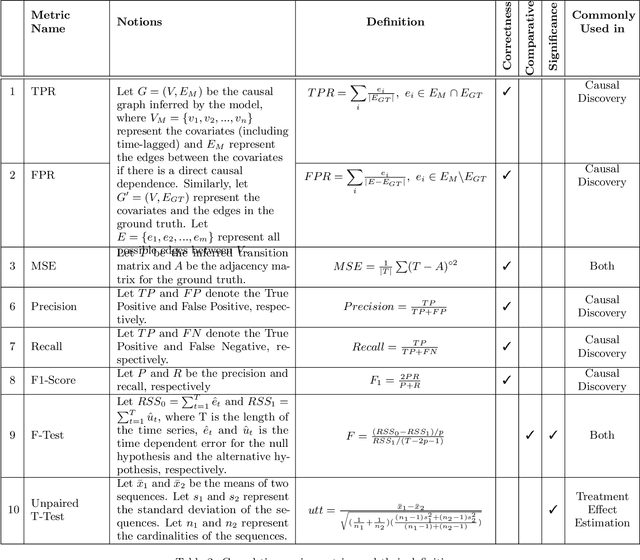Anchit Bhattacharya
Causal Inference for Time series Analysis: Problems, Methods and Evaluation
Feb 11, 2021



Abstract:Time series data is a collection of chronological observations which is generated by several domains such as medical and financial fields. Over the years, different tasks such as classification, forecasting, and clustering have been proposed to analyze this type of data. Time series data has been also used to study the effect of interventions over time. Moreover, in many fields of science, learning the causal structure of dynamic systems and time series data is considered an interesting task which plays an important role in scientific discoveries. Estimating the effect of an intervention and identifying the causal relations from the data can be performed via causal inference. Existing surveys on time series discuss traditional tasks such as classification and forecasting or explain the details of the approaches proposed to solve a specific task. In this paper, we focus on two causal inference tasks, i.e., treatment effect estimation and causal discovery for time series data, and provide a comprehensive review of the approaches in each task. Furthermore, we curate a list of commonly used evaluation metrics and datasets for each task and provide in-depth insight. These metrics and datasets can serve as benchmarks for research in the field.
 Add to Chrome
Add to Chrome Add to Firefox
Add to Firefox Add to Edge
Add to Edge